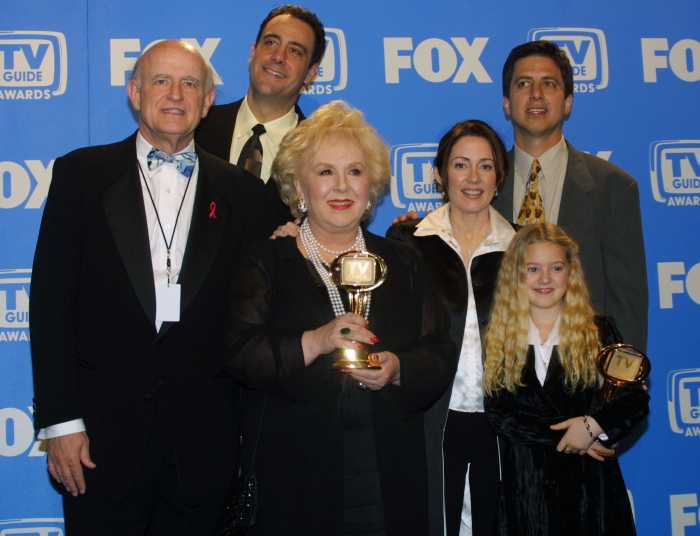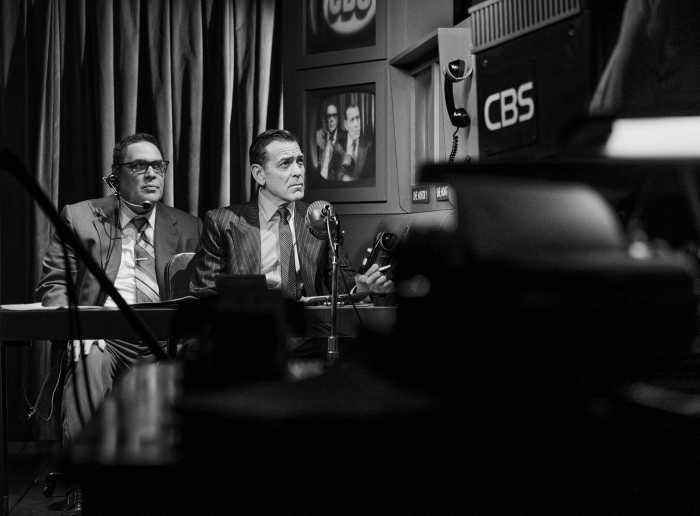Conrad Murray, convicted of manslaughter in the Michael Jackson case, spoke to Savannah Guthrie for "Today" — excerpts on the jump — and one point he raised was this: He wasn’t about to wake Jackson, who — he says — was "desperate" for sleep. The show will air the interview Thursday and Friday:
SAVANNAH GUTHRIE: To you there’s still nothing wrong with giving propofol in a home setting?
CONRAD MURRAY: I think propofol is not recommended to be given in the home setting, but it is not contradicted.
GUTHRIE: But was it wrong for you to give it in the conditions in which you gave it to Michael Jackson?
MURRAY: I looked at my condition with Michael not as I — not as about giving it, but trying to find a method to take away something from him, that I felt he should not have been using on his own.
GUTHRIE: Well, why didn’t you just walk away?
MURRAY: I should have walked away. But if also I walked away, I would have abandoned a friend.
GUTHRIE: Why should anyone believe that after 60 days of administering propofol, that suddenly in those last few days, you decided to stop giving him propofol? Why should anyone believe that?
MURRAY: Well, I tell you what. When the death happened, three days towards the, towards his death, he was weaned off, and I was success – I was extremely happy, because I finally achieved the state I wanted. The state was, Michael away from propofol.
ON THE NIGHT JACKSON DIED:
SAVANNAH GUTHRIE: How could you really be monitoring Michael Jackson when at the same time you’re making calls, you’re texting, you’re emailing. Were you distracted?
CONRAD MURRAY: No I was not. When I looked at a man who was all night deprived of sleep, who was desperate for sleep, and finally is getting some sleep, am I gonna sit over him, sit around him, tug on his feet, do anything unusual to wake him up? No.
GUTHRIE: You walked out of the room to talk on the phone.
MURRAY: Absolutely. I wanted him to rest.
GUTHRIE: You say you were talking on the phone but you could see him.
MURRAY: I could not see him from where I was talking.
GUTHRIE: But you could hear him? CONRAD MURRAY: I would think if he got up and he called to me, I would hear him.
GUTHRIE: And if he stopped breathing, could you hear that?
MURRAY: No, I cannot. But he was not on an infusion that would cause him to stop breathing, and that’s the reason they talk about I was not supposed to be monitoring him at that time because there was no need for monitoring.
GUTHRIE: Why didn’t you call 911 right away ?
MURRAY: No one is allowed to come upstairs except for Mr. Jackson. His security is not allowed to enter the house.
GUTHRIE: You called his bodyguard. Couldn’t you have said "Call 911, and meet ’em at the gate?"
MURRAY: "Call 911" would still require him to call me back. I don’t think he would do that, and I’m not about to leave a full explanation on the phone.
GUTHRIE: Why didn’t you tell the paramedics when they came, that he had taken propofol?
MURRAY: And that’s a very sad reason, because it was inconsequential. 25 milligrams and the effects gone. Means nothing.
GUTHRIE: Well, wait a minute. Why not let them be the judge of that? Why not supply the best information you have?
MURRAY: Paramedics depend on me.
GUTHRIE: Well, you told them about the other drugs, but you didn’t tell them about the propofol.
MURRAY: Because it had no effect. It was not an issue.
GUTHERIE: Let’s say he did take this propofol himself.
MURRAY: Mm-hmm.
GUTHRIE: Don’t you bear some responsibility? The propofol is in that room because you prescribed it to him.
MURRAY: This is the situation. It’s difficult to think that I met Michael with a situation where he was absolutely having use of that substance long before I got there.
GUTHRIE: But own your portion of it.
MURRAY: Mm-hmm.
GUTHRIE: In terms of your own actions, setting aside whether what he did was right or wrong, whether or not he was an addict, judge your actions alone. Were you right to leave him in a situation where he had the opportunity to inject himself?
MURRAY: Well, I’m gonna say, that was not a foreseeable situation. If Mr. Jackson —
GUTHRIE: It wasn’t?
MURRAY: No. Had I known what I know today in retrospect, that Mr. Jackson was an addict, and he had shared that information with me, addicts may behave in a way that is unreasonable and you may consider it.
GUTHRIE: But you yourself just said he was a desperate man.
MURRAY: Desperate for sleep.
GUTHRIE: And you left him alone with propofol.
MURRAY: He was, he was asleep.




































